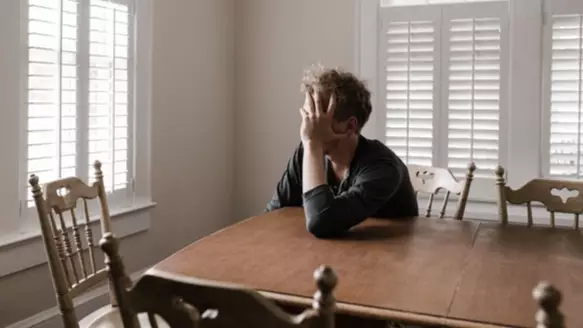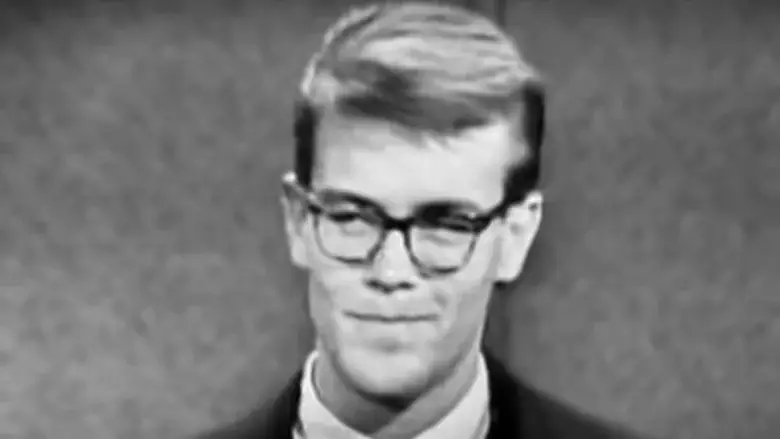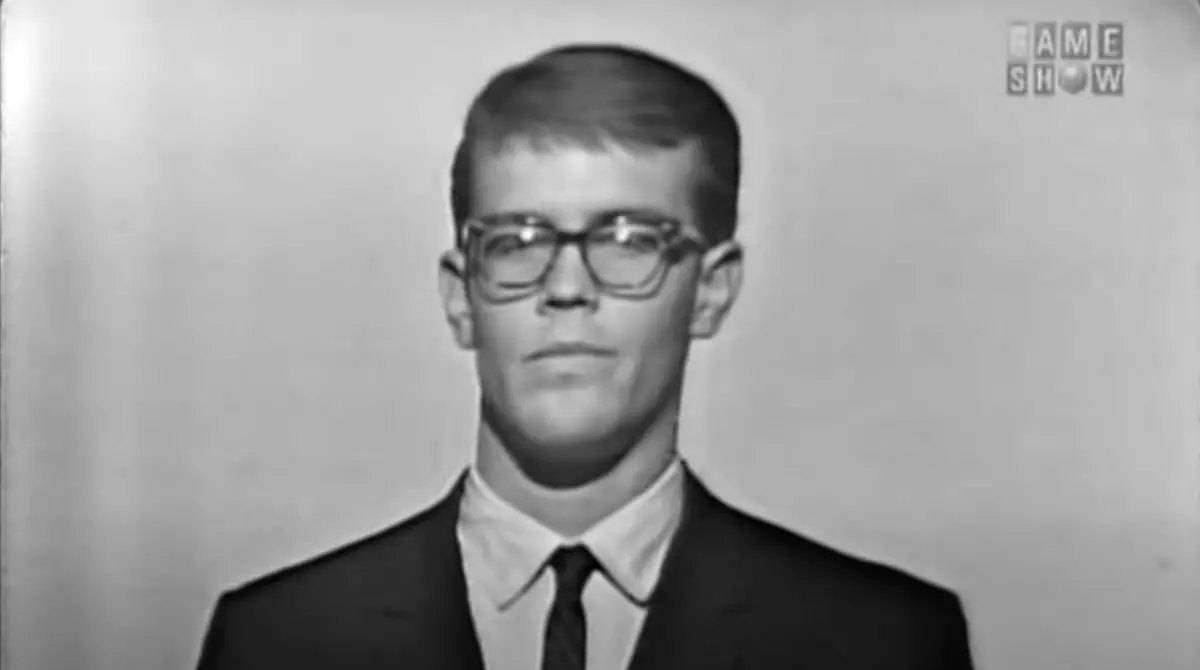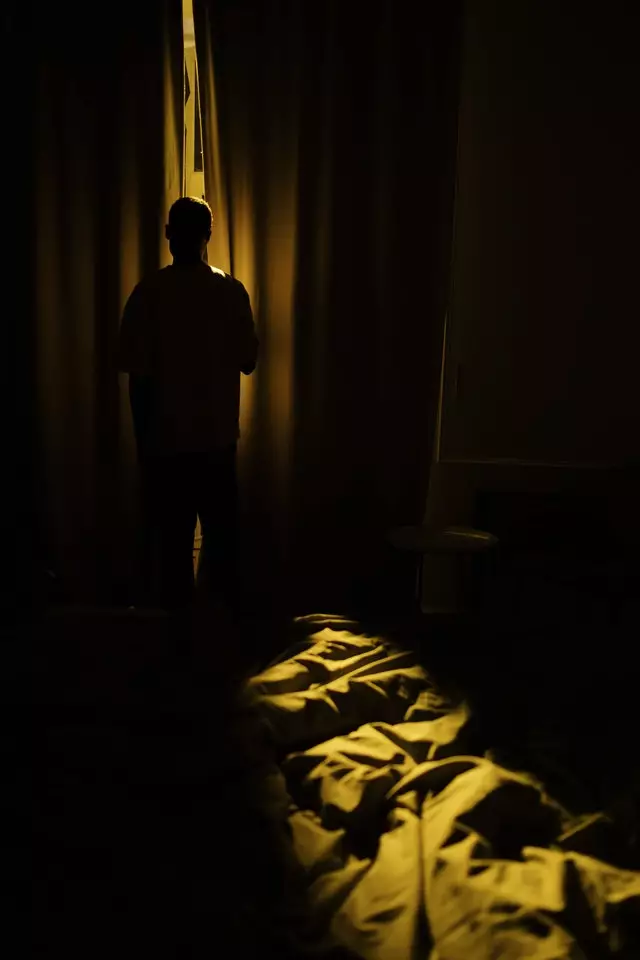
We've all heard the classic 'make sure you get your eight hours of sleep' pep talk. However, more than 35 percent of adults in the United States have said that they get less than seven hours' worth a night, which can't be good.
Still, if you think that's bad, try going 11 days and 25 minutes without sleep.
That's what Randy Gardner did. He also happened to set the record for the longest amount of time a human has gone without sleep.

But why?
Advert
It turns out that it was because he lost a coin toss with his mate.
In December 1963, a couple of high school students - Randy Gardner and Bruce McAllister - had an idea for a science fair project.
They thought it would be cool to see how long they could stay awake, and to record any side-affects that might happen along the way.
After losing the coin toss, Gardener - aged 17 at the time had no choice but to put his skills to the test.
Advert
McAllister later told the BBC: "We were idiots, you know young idiots, and I stayed awake with him to monitor him.
"After three night of sleeplessness myself, I woke up tipped against the wall, writing notes on the wall itself."

The effects started to kick in after the second day without sleep, with Gardner stumbling over words when asked to repeat tongue twisters, according to Science Alert.
Advert
To be fair, if you ask me to repeat 'Peter Piper picked a peck of pickled peppers', I'd probably struggle even without sleep deprivation.
Inevitably, McAllister would fall asleep during the time Gardner was awake, so they had to hire a third recruit, Joe Marciano, to keep track.
The study was also observed by Stanford sleep researcher Dr William Dement, and US Navy medic Lieutenant Commander John J. Ross.
It is said by day three, Gardner became uncoordinated and emotional, with hallucinations occurring by day four.
Advert
To keep himself occupied, he would play basketball and pinball with fellow students.
He said that staying awake during the sunlit day was much easier, with the night times becoming very challenging.
In the end, Gardner stayed awake for 264.4 hours - but strangely enough, he subsequently found sleeping difficult and suffered from insomnia for decades afterwards, according to WBUR.

While this science project ultimately created history, sleep deprivation is definitely not recommended by doctors.
Advert
For instance, one study, which followed 276 adults for six years, concluded: "The risk of developing obesity was elevated for short and long duration sleepers, compared to average-duration sleepers, with 27 percent and 21 percent increases in risk, respectively."
Sleep duration might also impact mortality, according to some researchers, with another study finding: "Both short and long duration of sleep are significant predictors of death in prospective population studies."
Maybe it's best to get those eight hours after all.
Featured Image Credit: PexelsTopics: Science, Interesting, Sleep, Health